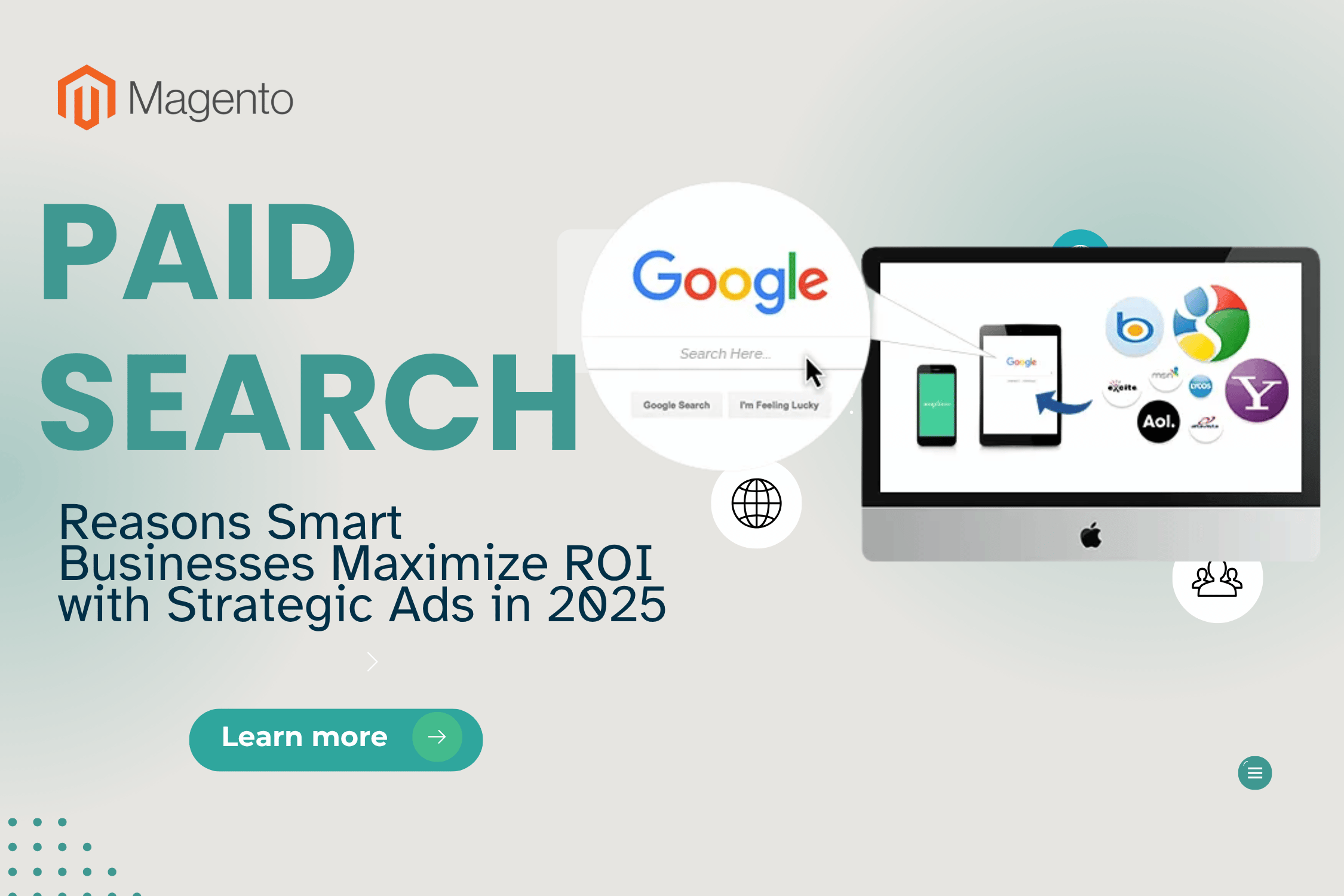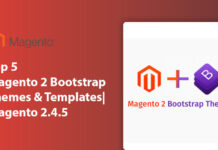
Businesses are always looking for effective ways to attract new customers, generate high-quality leads, and increase conversions. While long-term strategies like SEO and content marketing build sustainable growth, they often require time to produce results.
For organizations aiming for immediate visibility and measurable outcomes, paid search advertising—most commonly through Pay-Per-Click (PPC) campaigns—has become an essential part of a well-rounded digital marketing strategy.
Table of Contents
I. What Makes PPC So Powerful?
Paid search marketing is a model of internet advertising in which advertisers pay a fee each time one of their ads is clicked. Essentially, it’s a way of buying visits to your site rather than attempting to “earn” those visits organically. Google Ads, Bing Ads, and various social media platforms like Facebook, LinkedIn, and Instagram offer robust paid search and PPC options, each tailored to specific audience behaviors.

What sets paid search apart is its ability to target users with high intent. For instance, when someone types “best project management course online” into Google, they’re likely looking to make an immediate decision. With paid search, you can place your offering right in front of them at exactly the right moment.
II. The Financial Advantage: Control and Transparency
Unlike many traditional forms of advertising, paid search offers clear-cut metrics. Every aspect of a campaign is measurable—from the number of impressions and clicks to the cost per acquisition (CPA) and return on ad spend (ROAS). This level of insight allows marketers to fine-tune campaigns for maximum profitability.
Moreover, paid search gives you full budget control. Whether you want to spend $10 a day or $10,000 a month, you can set limits and adjust them as needed. This scalability makes paid search accessible to startups and small businesses, while still being powerful enough to support enterprise-level campaigns.
Key Elements of a Successful PPC Strategy

Despite its potential, PPC isn’t a magic bullet. Without the right strategy, it’s easy to waste valuable budget targeting the wrong audience or promoting underperforming landing pages. That’s why campaign planning and optimization are crucial.
A strong PPC campaign includes:
- Targeted Keyword Research: Selecting high-intent, relevant keywords based on search volume and competition.
- Compelling Ad Copy: Writing ads that stand out, highlight unique selling points, and include a strong call to action.
- Landing Page Optimization: Ensuring that visitors who click on your ad arrive at a page that is fast, mobile-friendly, and aligned with the ad message.
- A/B Testing: Continuously experimenting with different headlines, images, CTAs, and formats to see what resonates best with your audience.
- Conversion Tracking: Setting up clear goals and using tools like Google Analytics and a GA4 data connector to monitor behavior and refine tactics.
III. Value of Outsourcing to PPC Specialists
For businesses that lack the in-house expertise or bandwidth to manage these complex tasks, working with a specialized agency is often the most effective solution. Experienced teams offering PPC services can help you navigate the intricacies of ad bidding, keyword strategy, and performance optimization.
These agencies typically have access to advanced tools and industry benchmarks, enabling them to make data-driven decisions and quickly adapt to changing trends. Additionally, they can help businesses avoid common pitfalls such as poor targeting, overspending on broad-match keywords, or neglecting negative keywords that drain budget.
IV. Integration with Broader Marketing Goals

PPC doesn’t exist in a vacuum. The most effective digital marketing strategies integrate PPC with SEO, content marketing, email campaigns, and social media engagement. For example, if your SEO efforts are focused on long-tail keywords and educational blog posts, your paid search campaigns can target high-converting keywords that drive leads while your content nurtures those leads toward a purchase.
According to Forbes’ PPC marketing guide, brands that adopt a holistic approach to paid media – one that supports brand awareness, lead generation, and customer retention—are more likely to achieve sustainable success than those treating paid search as a standalone tactic.
V. Professional Development and PPC Certification
For professionals in marketing, business development, or project management, understanding paid search principles can be a career-defining skill. Whether you’re managing your own campaigns or overseeing agency performance, having foundational knowledge of CPC bidding strategies, ad quality scores, remarketing tactics, and campaign structuring gives you a competitive edge.
Sprintzeal, for example, offers a wide range of digital marketing certification programs that include in-depth training in paid search, Google Ads, and digital analytics. These courses are designed to help learners not only pass industry exams but apply the knowledge in real-world business scenarios.
VI. When Should a Business Invest in PPC?

While there’s no one-size-fits-all answer, businesses typically turn to PPC when:
- Launching a new product or service
- Entering a competitive market where organic rankings are hard to achieve
- Promoting seasonal or time-sensitive offers
- Looking to supplement organic traffic with high-intent paid search traffic
- Wanting to test messaging or landing pages before rolling them out to broader audiences
Ultimately, if your business needs quick visibility and real-time lead generation, PPC is one of the most powerful tools in your marketing toolkit.
Final Thoughts
In a digital world saturated with content and competition, PPC advertising offers a direct, measurable, and highly targeted path to growth. But running effective paid searchcampaigns requires more than flipping a switch; it demands strategic thinking, technical skill, and constant refinement.
By either upskilling through professional training or partnering with experts in PPC services, businesses can transform ad spend into tangible business outcomes. The question is no longer should you invest in PPC, it’s how you’ll leverage it to stay ahead.











![[SALE OFF] Discount 30% All Premium Extensions On Christmas And New Year 2025 christmas-and-new-year-2025](https://landofcoder.b-cdn.net/wp-content/uploads/2024/12/christmas-and-new-year-2025-1-218x150.png)






